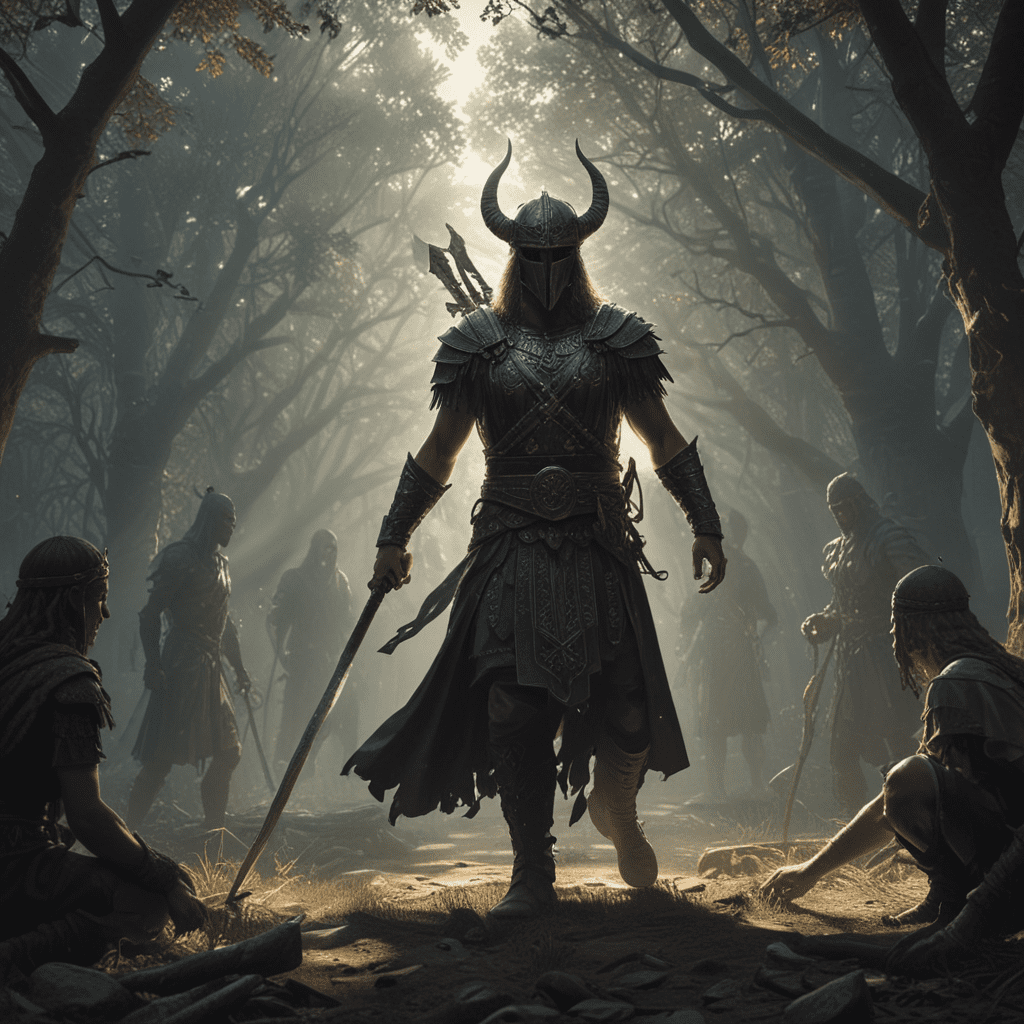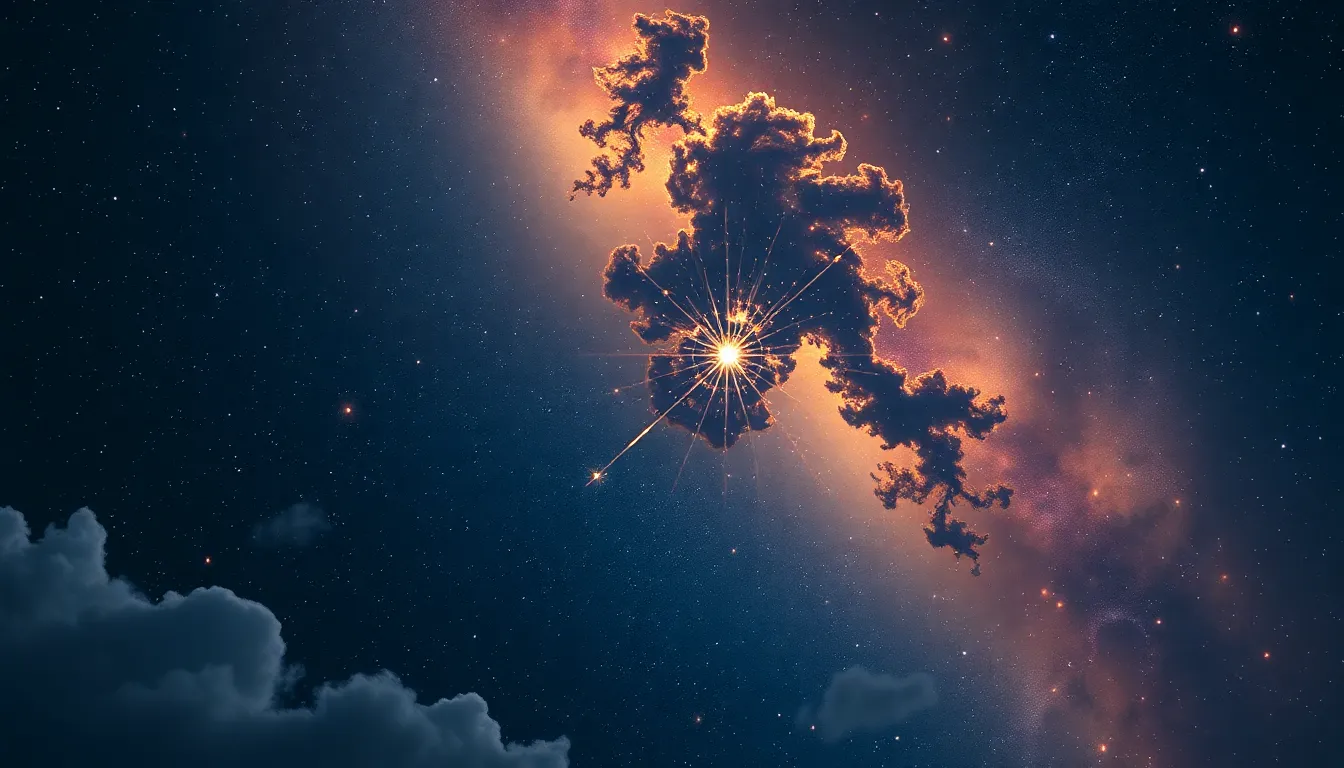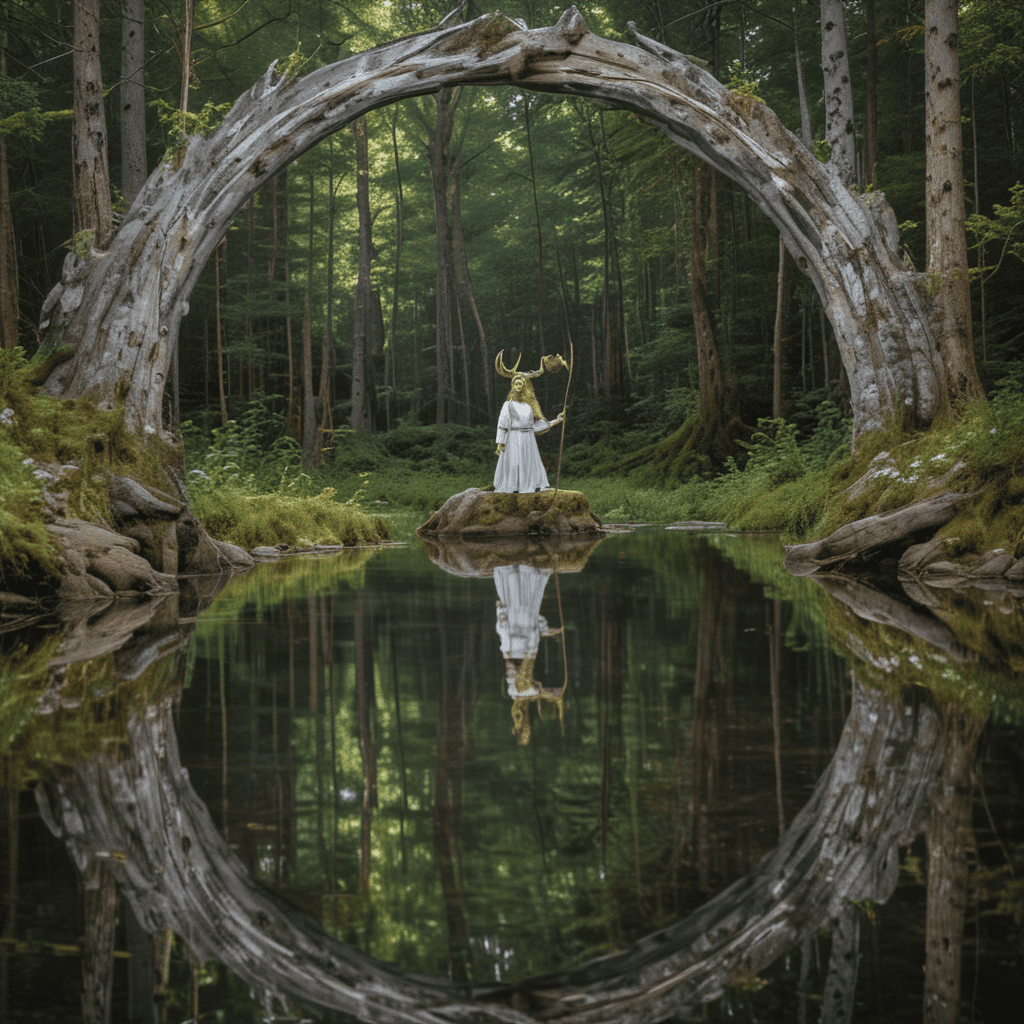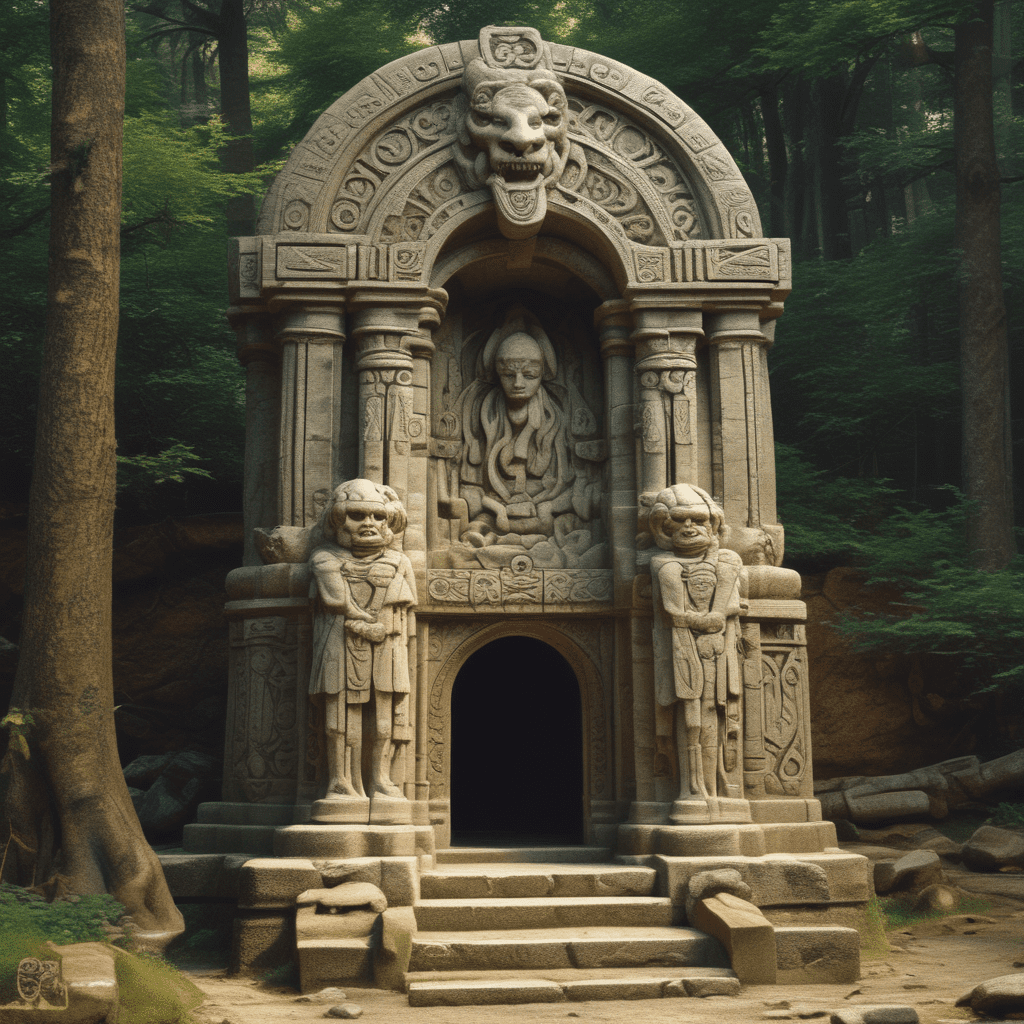The Symbolism of Shadows in Slavic Mythology
Shadows hold a profound and multifaceted significance in Slavic mythology, serving as enigmatic symbols that evoke a range of emotions and ideas. They are both feared and revered, perceived as harbingers of both danger and wisdom.
1. Shadows as Portals to the Otherworld
In Slavic folklore, shadows are often believed to be gateways to the otherworld, a realm inhabited by spirits, deities, and supernatural beings. It is said that at night, shadows grow longer and more pronounced, providing a passageway for entities from the other side to enter the mortal world. Certain rituals and incantations are believed to empower individuals to traverse these shadowy portals, seeking knowledge, power, or connection with the departed.
2. Shadows as Guides and Protectors
Shadows are also seen as guides and protectors in Slavic mythology. They are believed to accompany individuals throughout their lives, offering solace, guidance, and protection from harm. In times of danger, shadows are said to grow stronger and more prominent, forming a shield around the person they accompany. They are also believed to possess the ability to guide lost souls back to safety.
3. Shadows as Reflections of the Inner Self
Shadows in Slavic mythology are not merely external entities but also reflections of the inner self. They are believed to embody the hidden aspects of one's personality, including fears, desires, and unresolved conflicts. By facing and understanding their shadows, individuals can gain a deeper understanding of themselves and achieve greater self-awareness.
4. Shadows as Symbols of Death and Transition
Shadows are closely associated with death and transition in Slavic mythology. They are often seen as the embodiment of the soul, and it is believed that when a person dies, their shadow departs from their body and enters the otherworld. Shadows are also seen as symbols of the passage of time and the inevitable changes that accompany it.
5. Shadows as Embodiments of Fear and Evil
While shadows can represent positive aspects of life, they are also associated with fear and evil in Slavic mythology. They are believed to be the dwelling place of malevolent spirits and creatures, and it is said that venturing into dark shadows can attract misfortune or danger. Shadows are also seen as symbols of the unknown and the hidden, and they can evoke a sense of unease and apprehension.
6. Shadows as Sources of Wisdom and Knowledge
In Slavic mythology, shadows are not only associated with fear and darkness but also with wisdom and knowledge. They are believed to hold secrets and insights that are hidden from ordinary view. By venturing into the depths of their shadows, individuals can access a wellspring of ancient wisdom and profound understanding.
7. Shadows as Metaphors for the Hidden and Unknown
Shadows serve as powerful metaphors for the hidden and unknown aspects of life. They represent the parts of ourselves and the world that we do not fully comprehend. By embracing the shadows, we acknowledge the existence of the mysterious and the enigmatic, recognizing that there is always more to learn and discover.
8. Shadows as Mirrors of the Past and Future
Shadows are also seen as mirrors of the past and future. They reflect the experiences and choices that have shaped our lives, and they hint at the possibilities that lie ahead. By examining our shadows, we can gain a deeper understanding of our own history and destiny.
9. Shadows as Thresholds between Realms
Shadows are often depicted as thresholds between different realms, both physical and metaphysical. They represent the boundaries that separate the known from the unknown, the visible from the invisible. By crossing through shadows, individuals can transcend these boundaries and enter new realms of experience and consciousness.
10. Shadows as Guardians of the Ancestral Spirit
In Slavic mythology, shadows are also believed to be guardians of the ancestral spirit. They protect the legacy and wisdom of past generations, ensuring that their knowledge and traditions are passed down through time. By honoring and respecting the shadows, individuals can connect with their ancestors and draw upon their strength and guidance.
Frequently Asked Questions (FAQs)
-
What is the symbolism of shadows in Slavic mythology?
- Shadows in Slavic mythology represent portals to the otherworld, guides and protectors, reflections of the inner self, symbols of death and transition, embodiments of fear and evil, sources of wisdom and knowledge, metaphors for the hidden and unknown, mirrors of the past and future, thresholds between realms, and guardians of the ancestral spirit.
-
Are shadows considered good or bad in Slavic mythology?
- Shadows in Slavic mythology are both good and bad. They can represent protection, guidance, wisdom, and knowledge, but they can also embody fear, evil, death, and transition.
-
How can I connect with my shadows in Slavic mythology?
- To connect with your shadows in Slavic mythology, you can engage in shadow work, a practice that involves acknowledging, embracing, and integrating the hidden aspects of yourself. This can be done through meditation, journaling, dream analysis, and other introspective practices.




